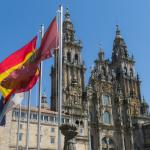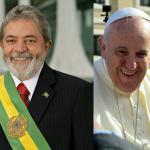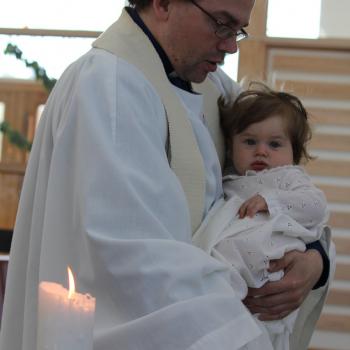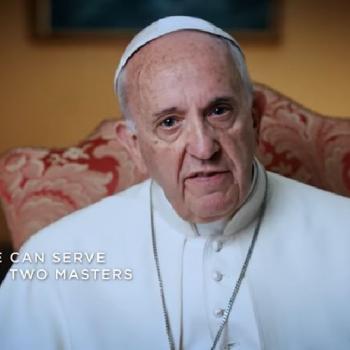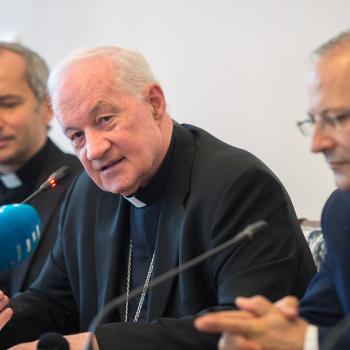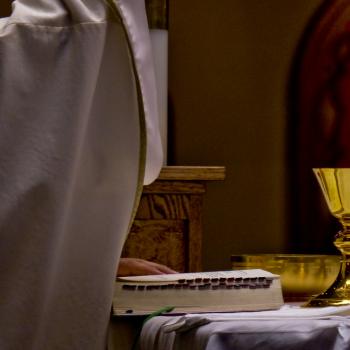On Saturday 9 Pope Francis addressed a gathering of the heads of some of the world’s major energy corporations, from ExxonMobil to Pemex, on the same day that his right-hand man and “vice-pope”, Cardinal Pietro Parolin, was in Turin for the elite and secretive Bilderberg Meeting, a private conference of global political, business and media leaders. While we may not know for certain what Parolin said in Turin to the gathering widely regarded as a “shadow world government”, we have clues as to the Vatican’s priorities on the world stage in the Pope’s latest address, in which he called for a “global energy transition” that takes in account “all the peoples of the earth, as well as future generations and all species and ecosystems”.
The principal challenge facing leaders of the world today, said the Pope in his address, is “to find ways of ensuring the immense supply of energy required to meet the needs of all, while at the same time developing means of using natural resources that avoid creating environmental imbalances resulting in deterioration and pollution gravely harmful to our human family”. At stake in the “energy question”, Francis continued – “a challenge of epochal proportions” – is not only “economic stability, public health, the protection of the environment and integral human development”, but also the very possibility of peace in those parts of the world torn apart by “grave environmental imbalances”.
Leaders “in the service of two great needs in today’s world”
So it is, for the Pope, that the world is in desperate need of a new “energy mix” that will combat pollution, eliminate poverty and promote social equality. But beyond the narrow question of energy, continued Francis, the economy as a whole, as well as technology and international cooperation, should also be at the service of these goals, since “any exploitation of the environment that would refuse to consider these long-term issues could only attempt to stimulate a short-term economic growth, but in the long run would certainly have a negative impact, affecting intergenerational equality and the process of development”.
“There should be no room for opportunistic and cynical efforts to gain small partial results in the short run, while shifting equally significant costs and damages to future generations”, insisted the Pope, calling for a “long-term common project that invests today in order to build for tomorrow”. And in a turn of phrase that Cardinal Parolin would have repeated at the Bilderberg Meeting, Francis denounced the fact that “unlimited faith in markets and technology has led many people to believe that shifts in economic or technological systems will be sufficient to remedy the current ecological and social imbalances”, when in fact “our current economic system thrives on ever-increasing extraction, consumption and waste”.
The take-away, then, from the Pope’s address to oil executives, and in all likelihood, too, from Cardinal Parolin’s involvement in the Turin Bilderberg Summit? That the “renewal of humanity” the Pope called for in his encyclical Laudato si’ requires, in Francis’ words on Saturday, a “new form of leadership” built on the realization “that the earth is a single system and that humanity, likewise, is a single whole”. In the energy, political, business and media sectors, the world needs leaders, as Francis put it, “in the service of two great needs in today’s world: the care of the poor and the environment”.

